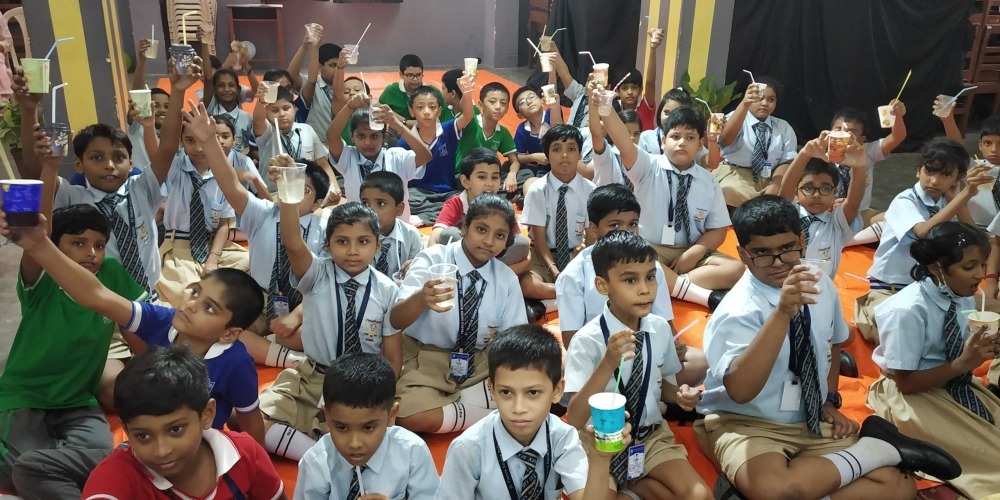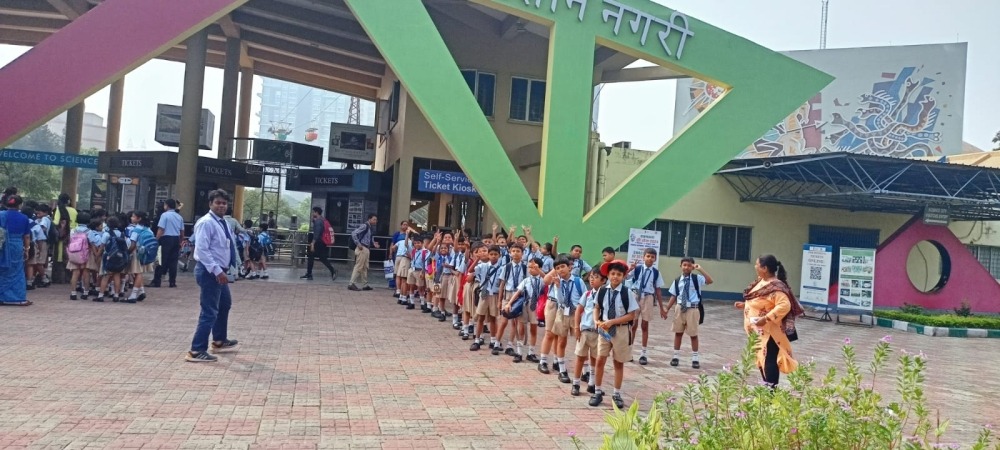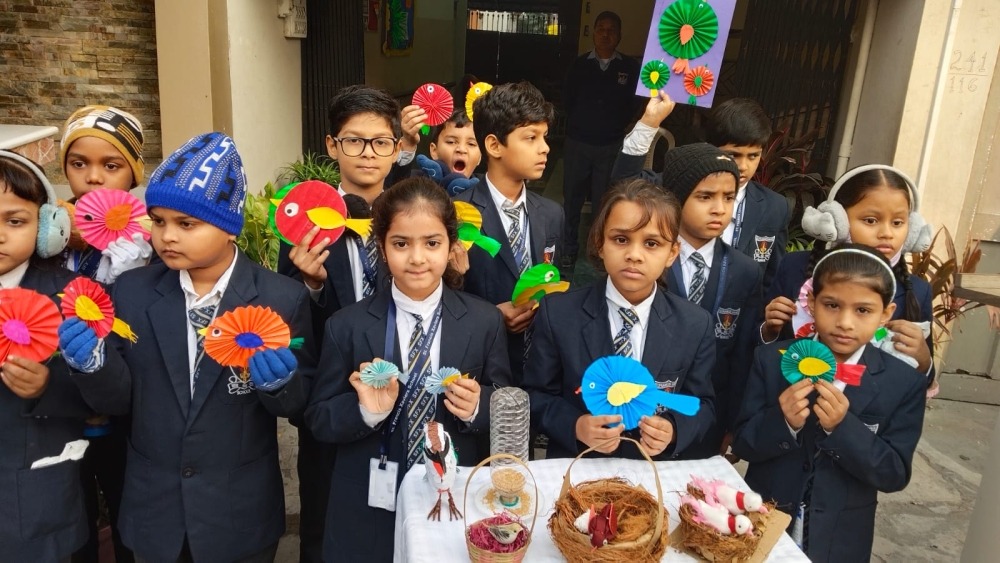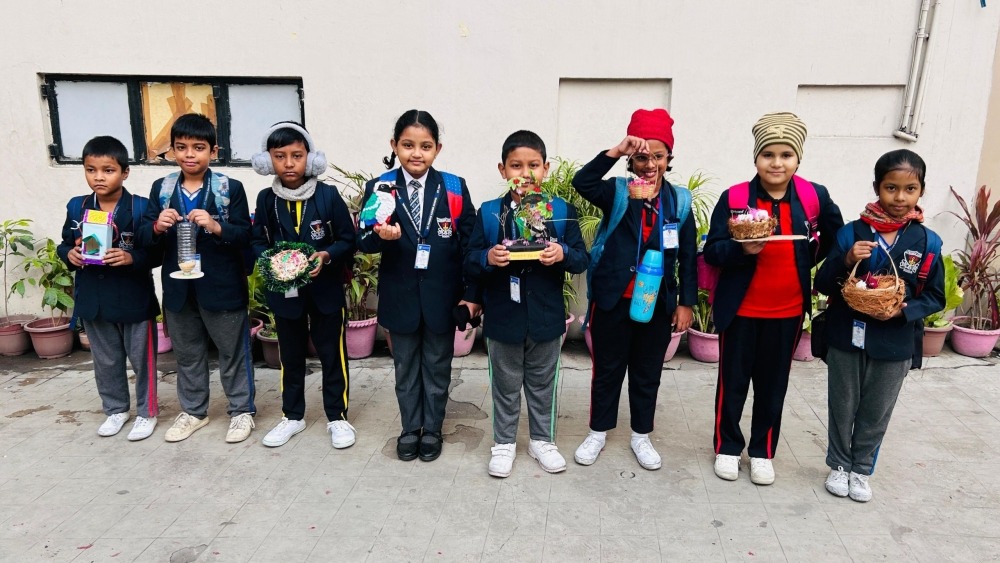-
Email Us
info@stfxonline.com -
Call Us
+91 033 2335 0584/9108 -
Call Us
+919330082228
Email Us
info@stfxonline.comCall Us
+91 033 2335 0584/9108Call Us
+919330082228Curriculum
The school strictly follows the research-based scientific curriculum that has been prescribed by the Council for the Indian School Certificate Examinations (CISCE). The curriculum is in line with the National Education Policy 2020 and the National Curriculum Framework 2023.
Aims of the CISCE Curriculum
Salient Features of the Curriculum
The curriculum developed by the Council for Preschool to Class VIII has been thoughtfully designed to:
1. Progressive Learning Pathway
2. Scientific and Systematic Approach
3. Holistic and Broad-Based Education
4. Contextual and Real-Life Learning
5. Foundational Literacy and Numeracy (FLN)
The program introduced by our school, upon the recommendation of CISCE, is grounded in research on cognitive and linguistic development. This program ensures that children develop essential literacy and numeracy skills early on through phonics-based reading approaches and by fostering number sense through manipulatives, abacuses, and real-life contexts. We utilize assessment-driven interventions and incorporate storytelling alongside number games for enhanced learning.
Additionally, the school has adopted toy-based pedagogy as outlined in the NEP 2020, which emphasizes hands-on, play-driven learning to develop cognitive and motor skills. Our school promotes interactive, inquiry-based learning using toys, puzzles, and models, particularly in STEM subjects. The goal is to enhance memory retention and cognitive flexibility. Toys also support psychomotor development by improving fine motor skills and problem-solving abilities.
This well-rounded approach ensures that students are not only academically prepared but also personally and socially empowered.
Highlights of the Curriculum of Classes I-V (Primary)
The primary curriculum covers a comprehensive range of subject areas to foster holistic development and build strong academic foundations. These subjects include:
1. Language Development
2. Mathematics
3. Environmental Studies (EVS)
4. Computer Studies
5. Arts Education
This structured and balanced curriculum ensures cognitive, social, and creative growth, preparing students for advanced learning stages.
Cocurricular and Extracurricular Activities
The above curriculum is reinforced through several co-curricular and extracurricular activities such as:
These activities holistically supplement classroom learning, making education engaging and meaningful for young learners.




For more information please click here go to the FAQs page.